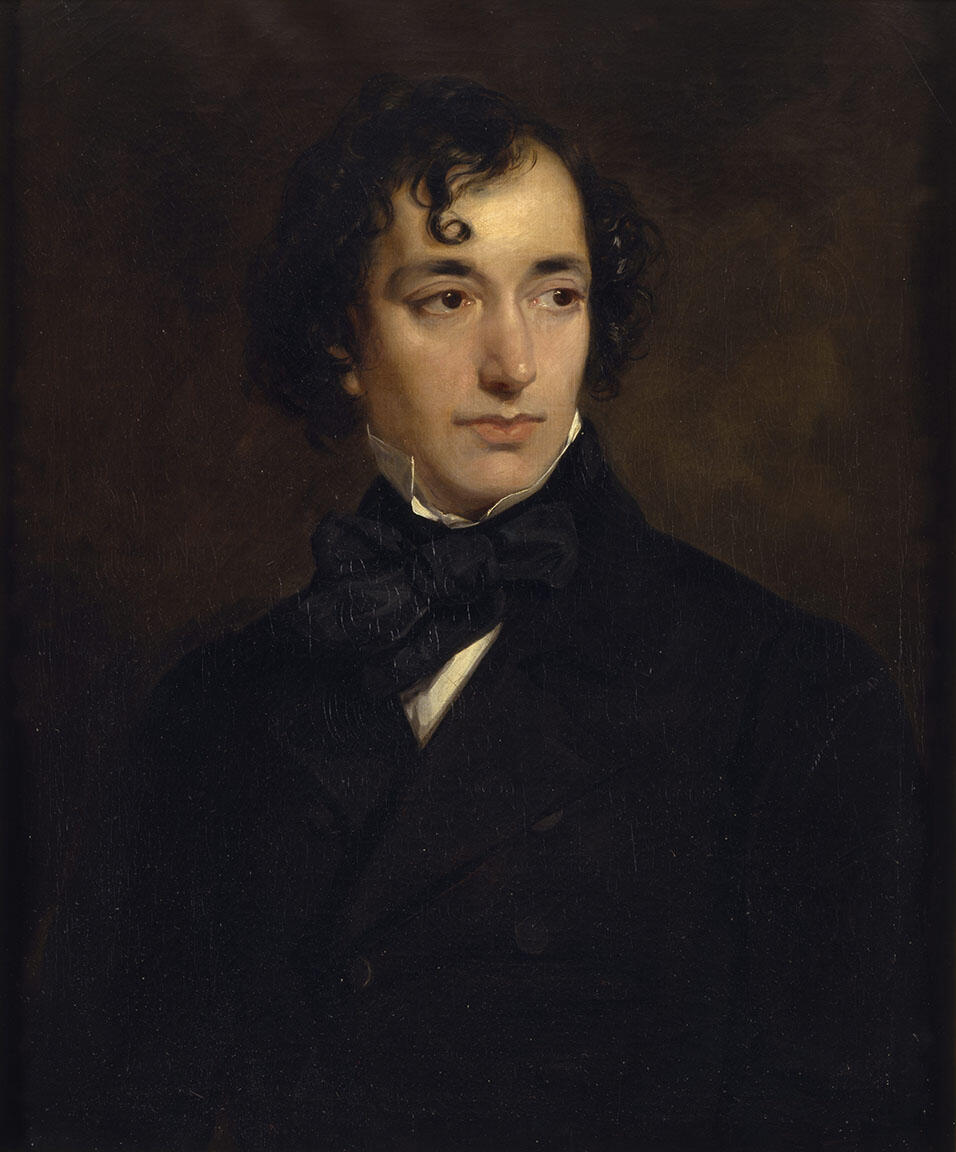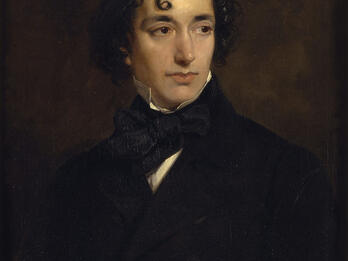The Wondrous Tale of Alroy
Preface
And now for my style. I must frankly confess that I have invented a new one. I am conscious of the hazard of such innovation, but I have not adopted my system without long meditation, and a severe examination of its qualities. I have in another work already ventured to express my opinion that the age of Versification has past. I have there observed, “The mode of composition must ever be greatly determined by the manner in which the composition can be made public. In ancient days, the voice was the medium by which we became acquainted with the inventions of a poet. In such a method, where those who listened had no time to pause, and no opportunity to think, it was necessary that everything should be obvious. The audience who were perplexed would soon become wearied. The spirit of ancient poetry, therefore, is rather material than metaphysical. Superficial, not internal; there is much simplicity and much nature, but little passion, and less philosophy.[” . . .]
Part III
I
It was midnight. Alroy slept upon the couch: his sleep was troubled. Jabaster stood by his side motionless, and gazing intently upon his slumbering guest.
“The only hope of Israel,” murmured the Cabalist, “my pupil and my prince! I have long perceived in his young mind the seed of mighty deeds; and o’er his future life have often mused with a prophetic hope. The blood of David, the sacred offspring of a solemn race. There is a magic in his flowing veins my science cannot reach.
“When in my youth I raised our standard by my native Tigris, and called our nation to restore their ark, why we were numerous, wealthy, potent; we were a people then, and they flocked to it boldly.” Did we lack counsel? did we need a leader? Who can aver Jabaster’s brain or arm was ever wanting? And yet the dream dissolved, the glorious vision. Oh! when I struck down Marvan, and the Caliph’s camp flung its blazing shadow o’er the bloody river—ah! then indeed I lived. Twenty years of vigil may gain a pardon that I then forgot we lacked the chief ingredient in the spell—the blood that sleeps beside me.
“I recall the glorious rapture of that sacred strife amid the rocks of Caucasus. A fugitive, a proscribed and outlawed wretch, whose life is common sport, and whom the vilest hind may slay without a bidding. I who would have been Messiah!”
Credits
Published in: The Posen Library of Jewish Culture and Civilization, vol. 6.





